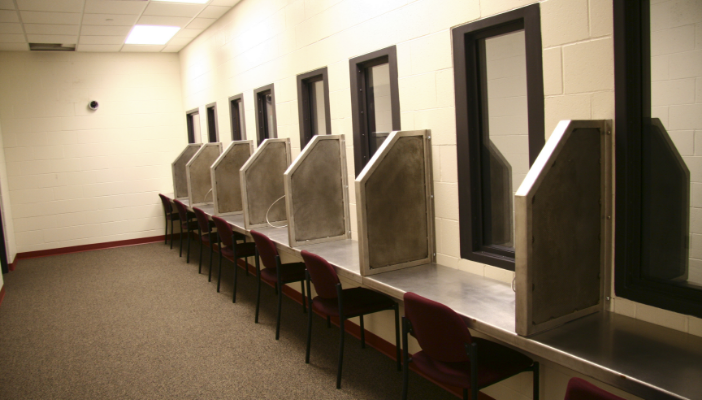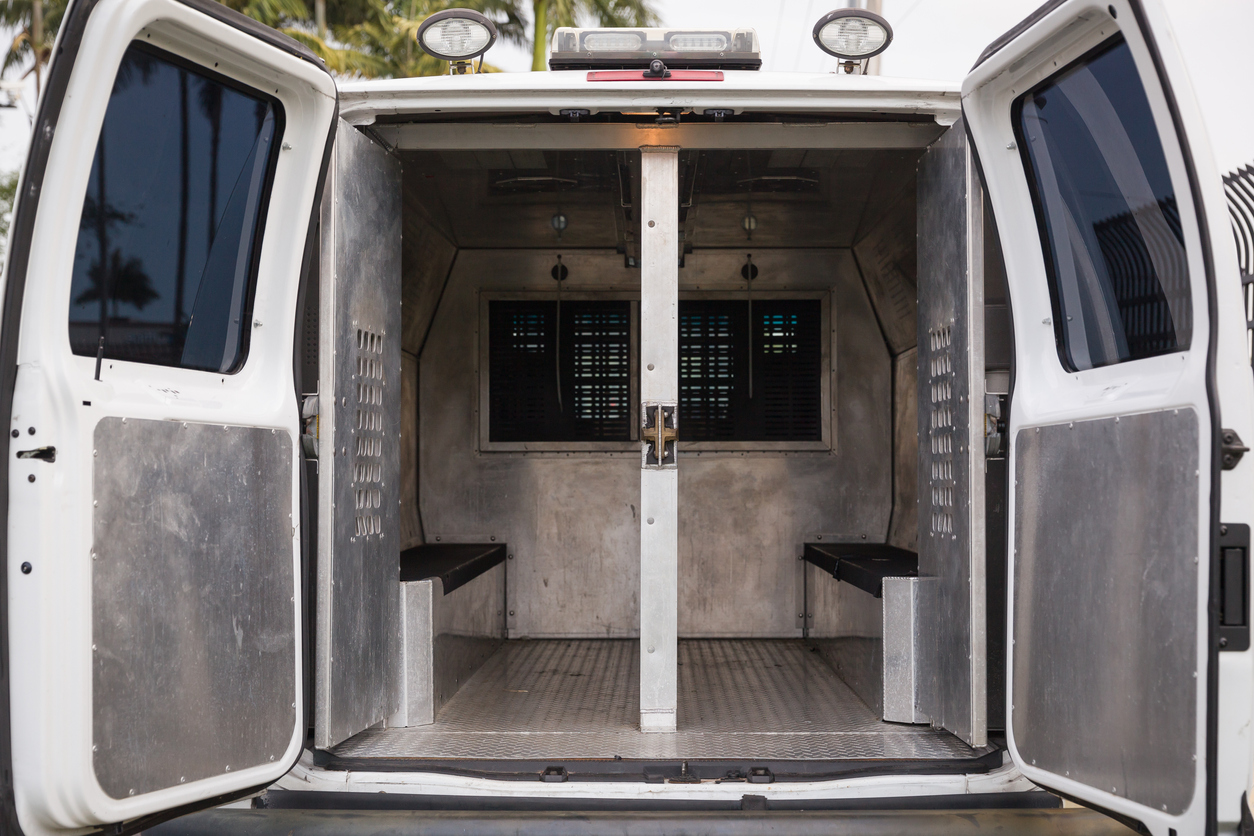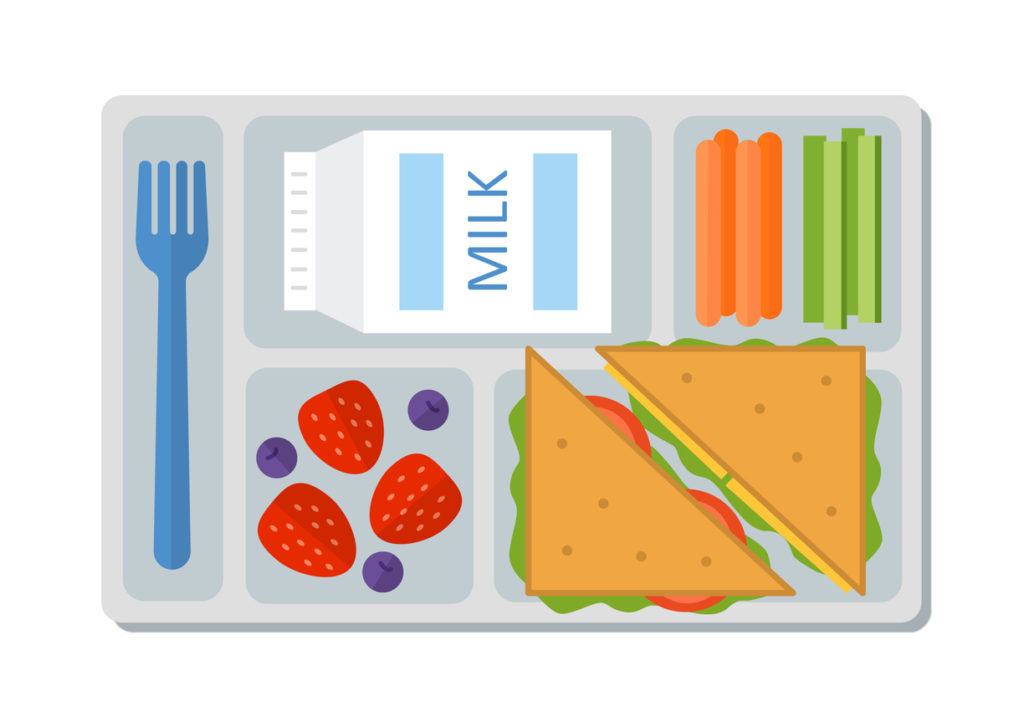Incarceration
While You Are in Jail – Important Things to Know
Canteen
- You can use money to buy other items than the basic ones provided such as food, games, other hygiene items etc.
- If you arrived to the jail with money, it was put into your inmate trust (bank account)
- If you need money put into your account, others can do so by (1) mailing a bank draft with your name on it (2) putting cash into your account at the jail
- Make sure to ask a social worker/correctional officer to help you fill out the canteen form if you need help

Phone Calls
- You can call family and friends from the jail but they have to accept the cost of the phone call (calling collect)
- Maximum 20-minute calls
- No three-way calls allowed
- TTY telephones are available for persons who are deaf, hard of hearing, or have speech-related disabilities
- Make sure to ask a social worker/correctional officer if you need help making phone calls

- You can send two letters per week for free
- There is no limit on letters you can receive but they will be searched
- You cannot have large items, books, polaroid pictures, food, stickers, or items that have a smell sent to you
Do not use:
- Paperclips, staples, glitter, stickers, or glue
- No kissing marks with lipstick or spraying perfume

Visiting
- You will be allowed visits by approved people on your visitor list
- Ask a social worker/correctional officer about getting people added to your visitor list
- Visits will vary from institution to institution and happen behind glass or through a video screen
- All in-person visitors will have to lock up their personal belongings in a locker when they arrive and go through a security screening
- Professional visits – such as from your lawyer, spiritual leaders, and other authorized professionals like support staff are allowed


Medication
- At intake, you would have told the jail staff what medication you were on, your doctor’s name and pharmacy
- Healthcare staff will approve this and prescribe medication after assessing you
- Nurses will give out medication either while you are in your cell or on the range
- If you need to speak to a health care staff (nurse, doctor, psychologist/psychiatrist) you will need to fill out a medical request form- ask a correctional officer for a form
- If you do not feel well or it is an emergency tell a correctional officer immediately for help
Mental Health Support
- Social Workers, Psychologists, Psychiatrist and Psychometrists work in the jail
- If you want to see a mental health professional, fill out an inmate request form
- Some groups may be available
- If you need to speak to a mental health professional (nurse, doctor, psychologist/psychiatrist or social worker) you will need to fill out a request form- ask a correctional officer for a form
- If you do not feel well or it is an emergency tell a correctional officer immediately for help

ODSP
- When you are in jail, you cannot receive ODSP benefits
- If ODSP pays you while you are in jail, you will have to pay it back
- You will need to notify ODSP that you are in jail by phone yourself or have family/support worker let ODSP know
Court Appearances
You will be able to attend all your court appearances either by video from the jail or they will take you to court in person. You will be able to speak to your lawyer or Duty Counsel during these appearances

If you attend by video, it will be in a video suite like this.

If you are to attend in person, you will be transported in a van to your courthouse.
Meals
- You will be provided with 3 meals a day these will be delivered on meal trays
- Menus are set by the jail so there is no choice unless you are on a special diet or have allergies
- You can purchase food items from canteen (see canteen section)


Work Programs
- Some institutions have work programs available when you are sentenced
- If you are interested in working while you are in jail ask a social worker/correctional officer if this is available
- Some examples of work programs include: ground maintenance, meal carts/food delivery, meal preparation/cooking, license plates, tailor shops (make uniforms)
- You will not get paid for the work program but you may be given extra privileges
Classification and Sentencing
- When you are sentenced (finished in court) you will meet with a social worker or Classification Officer to do an assessment (LSI-OR)
- This assessment will allow the jail to determine your risk and make recommendations for treatment
- To go to a treatment centre, you must
- Have enough time on your sentence (over 9+ months)
- Be recommended on the LSI-OR to go to treatment
Discharge Planning
- Prior to your release from jail, you will meet with a discharge planner to help you
- Some jails also have Release from Custody Programs
- Short-term case management for people with mental health challenges/addictions
- Goal to keep them out of the justice system in the future
** Contact your local CMHA to find out about Release from Custody (RFC) programs
Intermittent Sentences
If you are serving your sentence on the weekends, you will have to go through the security screening process each time.
Please see the Sentences page for more information.
95%